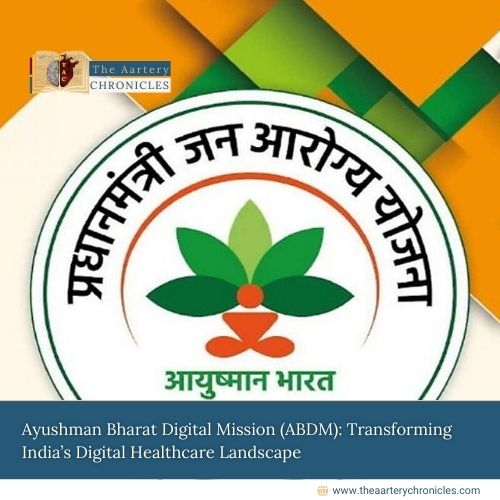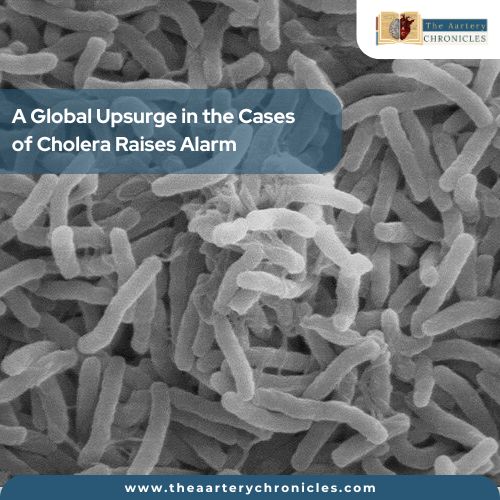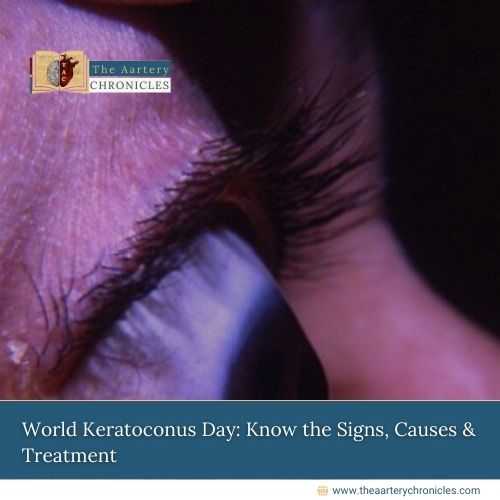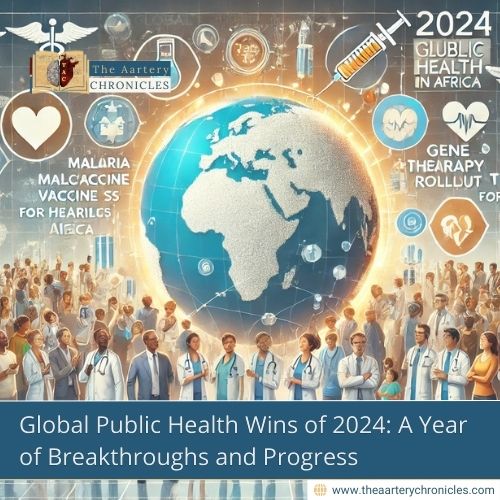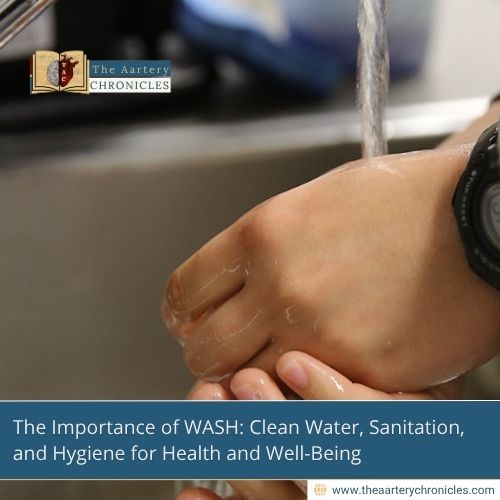

The Importance of WASH: Clean Water, Sanitation, and Hygiene for Health and Well-Being
Introduction
WASH, which stands for Water, Sanitation, and Hygiene, forms the essential foundation for a healthy community. These three elements are key to preventing disease, promoting well-being, and ensuring sustainable development, making them crucial for the overall health of individuals and populations. In regions lacking these essentials, the risks of disease outbreaks and preventable deaths are significantly higher. WASH is not merely a convenience; it’s a vital necessity that directly influences public health and development worldwide. In this article, we explore WASH’s critical role in public health and how it can transform communities.
What is WASH?
WASH stands for Water, Sanitation, and Hygiene—three essential elements that are closely linked to human health and well-being.
- Water refers to the availability and quality of water for drinking, cooking, and other domestic uses and recreational activities.
- Sanitation involves the safe handling and disposal of human waste, which includes systems like toilets, sewage infrastructure, and waste management methods.
- Hygiene involves the practices and behaviours that help prevent the spread of diseases, such as regular handwashing, safe food handling, and maintaining a clean-living environment.
Together, these elements form the foundation of a healthy environment, where the risk of waterborne diseases and infections is minimised.
The Global WASH Crisis
It is important to note that around 4.5 billion people live without proper sanitation services and approximately 2 billion people still lack access to safe drinking water. The lack of access to WASH facilities is one of the leading contributors to preventable diseases and deaths, particularly in low-income and rural areas.
According to the World Health Organisation (WHO), over 829,000 people die every year due to diseases caused by unsafe water, inadequate sanitation, and poor hygiene practices. Children under the age of 5 are disproportionately affected, with diarrhoea being one of the leading causes of death in this age group.
How WASH Affects Health
1. Preventing Waterborne Diseases
Cholera, dysentery, typhoid, and hepatitis A are all significantly influenced by contaminated water and poor sanitation. These diseases are caused by harmful microorganisms such as bacteria, viruses, and parasites that thrive in polluted water. When people do not have access to clean water or proper sanitation, they are at a higher risk of ingesting these pathogens, which can lead to severe illness and death.
For instance, cholera outbreaks are commonly linked to contaminated water sources and poor sanitation systems. However, proper access to safe water and sanitation can virtually eliminate the spread of such diseases.
2. The Role of Handwashing in Hygiene
One of the most straightforward and effective hygiene practices is washing hands with soap and clean water. Studies show that regular handwashing can lower the incidence of respiratory infections by 16-21% and diarrhoea by 23-40%. Handwashing after key moments—like using the toilet, before handling food, and after cleaning a child’s bottom—can significantly lower the spread of infectious diseases.
In communities where soap and water are readily available, the rate of gastrointestinal diseases drops significantly. Teaching and promoting good hygiene practices, like handwashing and safe food handling, is an essential part of any WASH program.
3. Reducing Malnutrition and Child Mortality
Poor sanitation and water contamination are also linked to malnutrition. When children ingest harmful pathogens through contaminated water or food, it can impair their ability to absorb nutrients, leading to stunting, wasting, and other forms of malnutrition. Diarrheal diseases are a leading cause of malnutrition and contribute to child mortality, especially in children under 5 years old.
Safe water, sanitation, and hygiene are thus essential in promoting proper nutrition and overall child development. In fact, the UNICEF and WHO have identified WASH as key components in achieving global goals related to child health and nutrition.
The Economic Impact of WASH
A recent WaterAid report reveals that universal access to clean water, sanitation, and hygiene (WASH) could boost the global economy by trillions of dollars over the next 20 years. Investments in WASH would yield 21 times the cost in returns. Key findings include:
- Toilets and safe sanitation could generate $86 billion/year, prevent 6 billion cases of diarrhoea, and unlock $420 billion in economic value.
- Handwashing facilities would add $45 billion/year and reduce infection spread in pandemics by up to 20%.
- Having clean water at home could generate $37 billion/year, offering significant health benefits and time savings, particularly for women and girls.
The Path Forward: Advancing WASH Globally
Despite significant progress in recent decades, the WASH crisis remains a major global challenge. The United Nations’ Sustainable Development Goal (SDG) 6 aims to ensure the availability and sustainable management of water and sanitation for all by 2030. Achieving this goal requires a coordinated effort from governments, NGOs, businesses, and communities.
Key strategies to improve WASH include
- Infrastructure development: Building and maintaining clean water supply systems, sanitation facilities, and waste treatment plants in underserved areas.
- Community engagement: Educating communities on the importance of good hygiene practices, like handwashing with soap, safe water storage, and proper waste disposal.
- Technological innovation: Using new technologies, such as solar-powered water pumps, low-cost water purification systems, and mobile health apps, to improve access to WASH in remote or resource-poor areas.
- Policy and advocacy: Governments must prioritize WASH investments in national policies and budgets, ensuring that vulnerable populations have access to these critical services.
Conclusion
WASH is not just a matter of convenience; it is a basic human right and a vital component of public health. By ensuring access to clean water, proper sanitation, and good hygiene practices, we can significantly reduce the burden of preventable diseases, improve nutrition and overall health, and empower communities to thrive economically. As global efforts continue to tackle the WASH crisis, it is essential that governments, organizations, and individuals remain committed to the goal of a world where everyone has access to the essential services needed to lead a healthy life.
- 1 billion people lack safe drinking water at home, more than twice as many lack safe sanitation
- Water, sanitation and hygiene: three essential ingredients to resilient agriculture supply chains | WASH Matters
- 1 billion people lack safe drinking water at home, more than twice as many lack safe sanitation
- Handwashing Facts | Clean Hands | CDC
- Economic report shows return on investment in water, sanitation and hygiene
- About Handwashing | Clean Hands | CDC
- Water, sanitation and hygiene (WASH) | UNICEF



